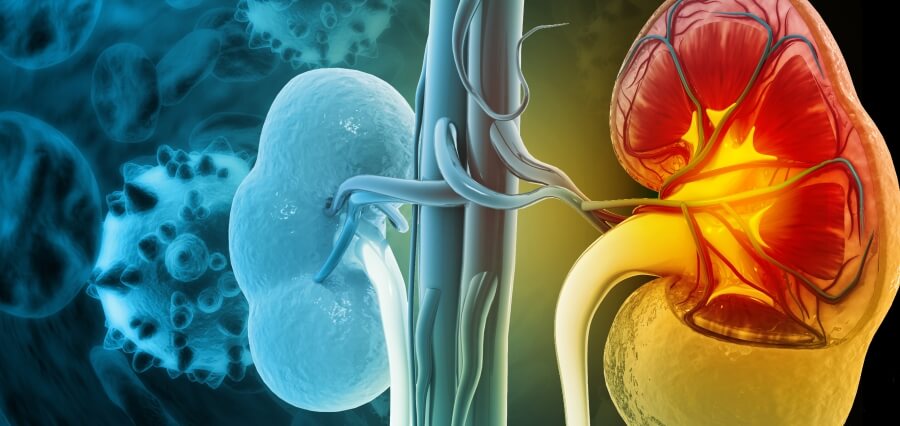According to a study, 15.6% of Irish adults over 50 have the illness, but 98% are unaware of it.
The study reflects that the great majority of Irish patients with chronic kidney disease (CKD) are not aware that they have the illness.
Collaborating with the Health Service Executive (HSE), researchers at Trinity College Dublin discovered that 15.6% of Irish adults over 50 had chronic kidney disease (CKD). 98% of those in that group, or roughly 226,000 individuals, or one in seven of the population, were not aware they had chronic kidney disease (CKD).
The study suggests a coordinated approach to raise public knowledge of the illness.
Data from The Irish Longitudinal Study on Ageing in Ireland (TILDA), a “large-scale, nationally representative, longitudinal study on ageing in Ireland,” were analyzed for the study. Three “waves” of data collection were conducted from a sample population: in 2009, 2011, and 2013–2015.
According to the study, there is an increase in the prevalence of chronic kidney disease (CKD) in adults over 50. However, this is probably due to aging and higher overall survival rates. In individuals 50 years of age and older, there are 16 new cases of the illness for every 1,000 persons.
According to the study, “now and in [the] future,” there will probably be a greater need for nephrology and hospital inpatient treatments as a result of this growth.
According to the study, the most prevalent CKD-related ailment among adults is hypertension.
Kidney illness is linked to several risk factors, such as diabetes and high blood pressure, which can increase the risk of the condition by up to three times. Adults with CKD who have uncontrolled blood pressure make up about 50% of the population.
According to the study, controlling high blood pressure and other renal disease risk factors can assist to maintain heart and kidney health and avoid the need for dialysis.
“The number of patients receiving kidney transplants or dialysis has increased by thirty percent in the last ten years.” The research states that treating this costs the State over €1 million every day.
The study advocated for increased public knowledge of the illness and the detrimental effects on health that it can have, such as kidney failure, cardiovascular disease, and even early mortality.
The paper suggested that the inclusion of CKD in the HSE’s Chronic Disease Management Programme for primary care be implemented, as this could lead to better treatment for CKD patients in Ireland.
The study pointed out that the introduction of drugs known to lower rates of kidney function deterioration and lower cardiovascular risks would also be advantageous.
The study’s primary author, Professor Donal Sexton, a consultant nephologist at St. James’s Hospital, stated that the report’s emphasis on the “public health requirement to improve awareness and treatment in the light of new approved medications” makes it “extremely important” for those who have chronic kidney disease (CKD).
“It may be possible to treat chronic kidney disease more effectively in primary care by incorporating the condition into Ireland’s chronic disease management program,” the speaker stated.
According to Prof. Rose-Anne Kenny of TILDA, chronic kidney disease (CKD) is a “important and hitherto neglected” source of disability in older adults in Ireland. The purpose of this TILDA study is to describe the prevalence of chronic kidney disease (CKD) in persons over 50 in Ireland (1 in 7), as well as to increase public knowledge of the disease’s characteristics and how, with early detection, it can be managed to mitigate more serious health effects.
Read More: https://eurohealthleaders.com/








